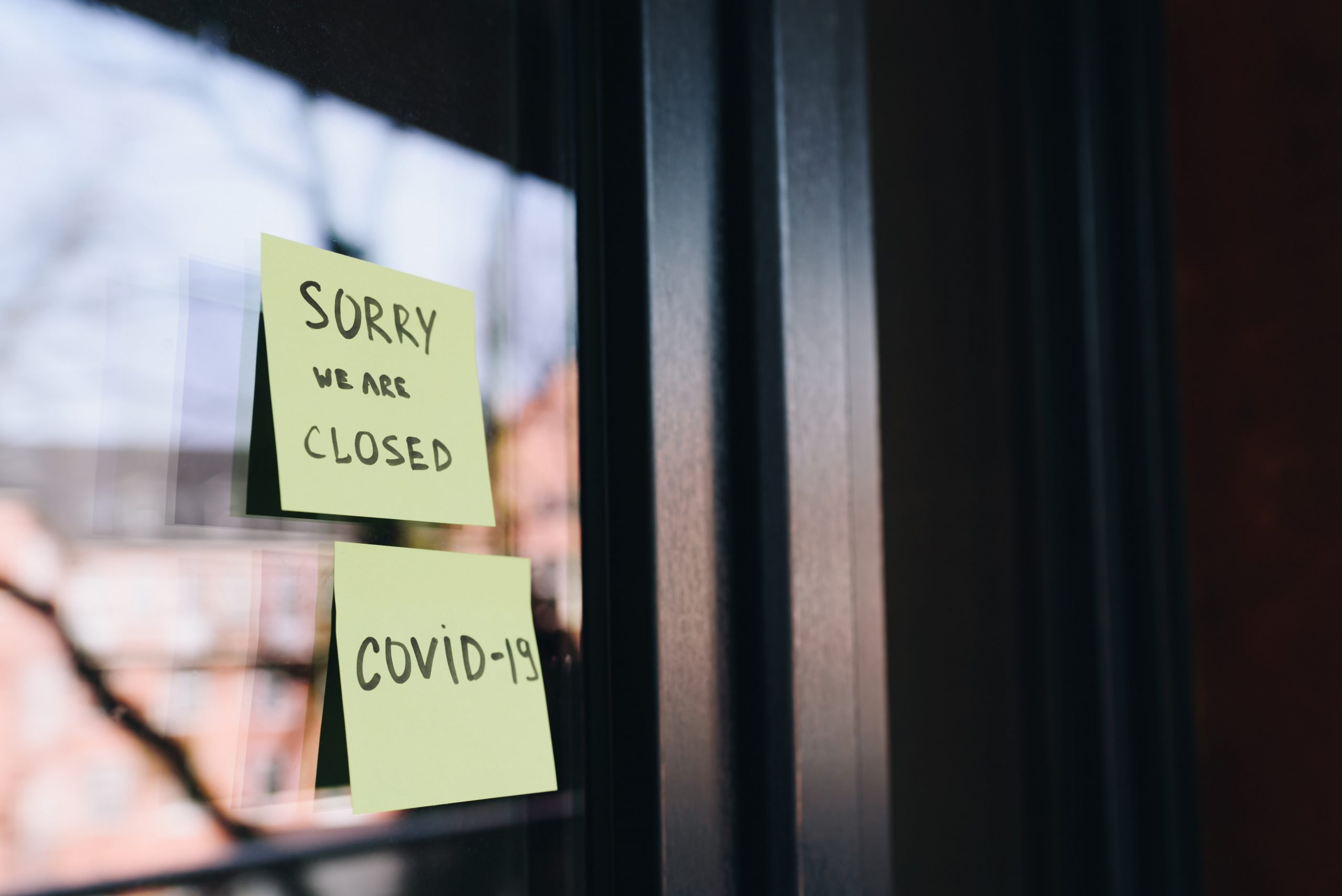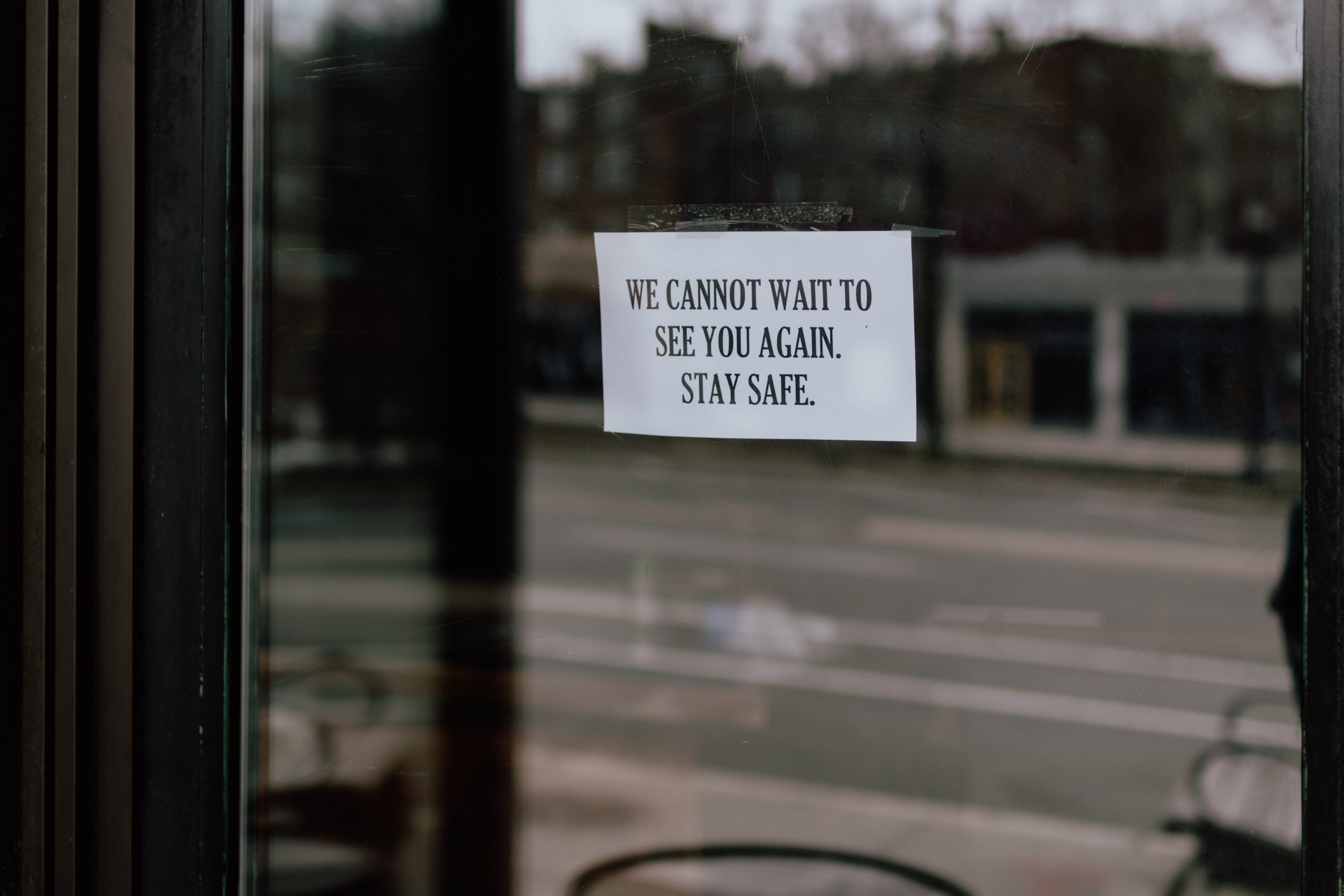In response to the growing rate of coronavirus (COVID-19) cases in Brazil, on May 24, 2020, the President signed the “Proclamation on Suspension of Entry as Immigrants and Nonimmigrants of Certain Additional Persons Who Pose a Risk of Transmitting Novel Coronavirus.” This marks the fifth presidential proclamation to limit the entry of foreign nationals to prevent the spread of coronavirus in the United States. The previous proclamations were as follows:
- China: https://www.whitehouse.gov/presidential-actions/proclamation-suspension-entry-immigrants-nonimmigrants-persons-pose-risk-transmitting-2019-novel-coronavirus/
- Iran: https://www.whitehouse.gov/presidential-actions/proclamation-suspension-entry-immigrants-nonimmigrants-certain-additional-persons-pose-risk-transmitting-coronavirus/
- Schengen Area: https://www.whitehouse.gov/presidential-actions/proclamation-suspension-entry-immigrants-nonimmigrants-certain-additional-persons-pose-risk-transmitting-2019-novel-coronavirus/
- United Kingdom and Ireland: https://www.whitehouse.gov/presidential-actions/proclamation-suspension-entry-immigrants-nonimmigrants-certain-additional-persons-pose-risk-transmitting-coronavirus-2/
Overview
The May 24th proclamation suspends the entry of immigrants or nonimmigrants to the United States who were physically present within the Federative Republic of Brazil during the 14-day period preceding their entry or attempted entry into the United States.
Who is Exempted?
The proclamation specifically exempts:
- Lawful permanent residents of the United States
- Any alien who is the spouse of a U.S. Citizen or lawful permanent resident
- Any alien who is the parent or legal guardian of a U.S. citizen or lawful permanent resident, provided that the U.S. citizen or lawful permanent resident is unmarried and under the age of 21;
- Any alien who is the sibling of a U.S. citizen or lawful permanent resident, provided that both are unmarried and under the age of 21;
- Any alien who is the child, foster child, or ward of a U.S. citizen or lawful permanent resident, or who is a prospective adoptee seeking to enter the United States pursuant to the IR-4 or IH-4 visa classifications;
- Any alien traveling at the invitation of the United States Government for a purpose related to containment or mitigation of the virus;
- Any alien traveling as a nonimmigrant pursuant to a C-1, D, or C-1/D nonimmigrant visa as a crewmember or any alien otherwise traveling to the United States as air or sea crew;
- Any alien: seeking entry into or transiting the United States pursuant to one of the following visas: A-1, A-2, C-2, C-3 (as a foreign government official or immediate family member of an official), E-1 (as an employee of TECRO or TECO or the employee’s immediate family members), G-1, G-2, G-3, G-4, NATO-1 through NATO-4, or NATO-6 (or seeking to enter as a nonimmigrant in one of those NATO categories); or
 Visa Lawyer Blog
Visa Lawyer Blog











